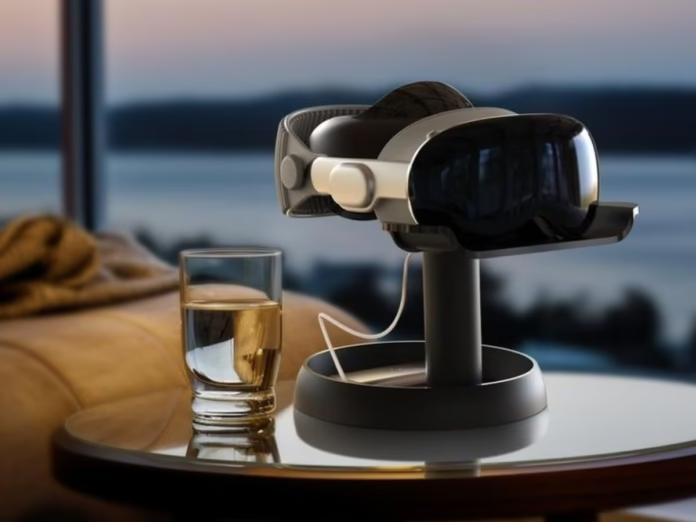Meta, the parent company of Facebook, has announced an exciting partnership with renowned filmmaker James Cameron’s company, Lightstorm Vision. This collaboration aims to revolutionize the world of 3D entertainment, leveraging the cutting-edge capabilities of Meta’s mixed-reality headset, Meta Quest. Here’s a closer look at what this partnership entails and its potential impact on the future of technology.
Meta’s Vision for Mixed Reality
The partnership with Lightstorm Vision highlights Meta’s commitment to mixed-reality technologies. Over the years, Meta has invested billions of dollars in augmented reality (AR) and metaverse development through its Reality Labs division.
- The collaboration will position the Meta Quest headset as the exclusive mixed-reality platform for Lightstorm Vision’s projects.
- By working together, Meta and Lightstorm Vision plan to lower the costs of creating 3D content, enabling more creators to participate in building immersive experiences.
In September, Meta launched a more affordable version of its Quest headset, emphasizing its goal to make mixed-reality technology accessible to a broader audience.
Development of Lightweight Smart Glasses
Meta is also focusing on the development of lightweight, glasses-like mixed-reality devices. Reports indicate that Meta is working on a device codenamed “Puffin,” set to launch in early 2027.
- Weight and Design: Puffin is expected to weigh just 110 grams, significantly lighter than the current Quest 3 headset. It will include an external battery and processor pack, offering a more compact and user-friendly design.
- Advanced Features: Puffin could feature advanced hand and eye-tracking technology, eliminating the need for traditional controllers. Additionally, it will integrate video pass-through capabilities, allowing users to seamlessly interact with their real-world environment while immersed in virtual content.
These advancements are aimed at providing a more affordable and immersive mixed-reality experience, distinguishing Meta from competitors like Apple, whose Vision Pro headset is priced at a premium.
Meta’s Long-Term Commitment to Mixed Reality
Despite facing financial losses in its Reality Labs division, CEO Mark Zuckerberg remains optimistic about the potential of mixed reality. He views it as a cornerstone of Meta’s long-term strategy, essential for the company’s evolution in the tech industry.
Samsung Joins the Race with New Smart Glasses
While Meta continues to innovate, Samsung is also gearing up to enter the smart glasses market.
- Rumored Launch: Samsung is reportedly developing a display-less smart glass, which could debut alongside the Galaxy S25 series in the coming months.
- Features: These glasses are expected to focus on audio and connectivity features, similar to the Ray-Ban Meta Glasses.
- Extended Reality Products: This move follows Samsung’s 2023 announcement of its partnership with Google and Qualcomm to develop new extended reality (XR) products.
Samsung plans to reveal additional details about its smart glasses and related software soon, signaling a competitive race in the XR market.
What This Means for Consumers
The collaboration between Meta and Lightstorm Vision represents a significant step forward in making 3D entertainment and mixed reality more accessible and affordable. With innovations like lightweight smart glasses and advanced 3D content creation tools, users can expect a future where immersive experiences are seamlessly integrated into everyday life.
As Meta continues to expand its ecosystem and competitors like Samsung enter the space, the mixed-reality industry is set to grow rapidly, offering consumers an array of innovative devices and applications.
This partnership solidifies Meta’s role as a leader in the mixed-reality market and sets the stage for a transformative era in entertainment and technology.
